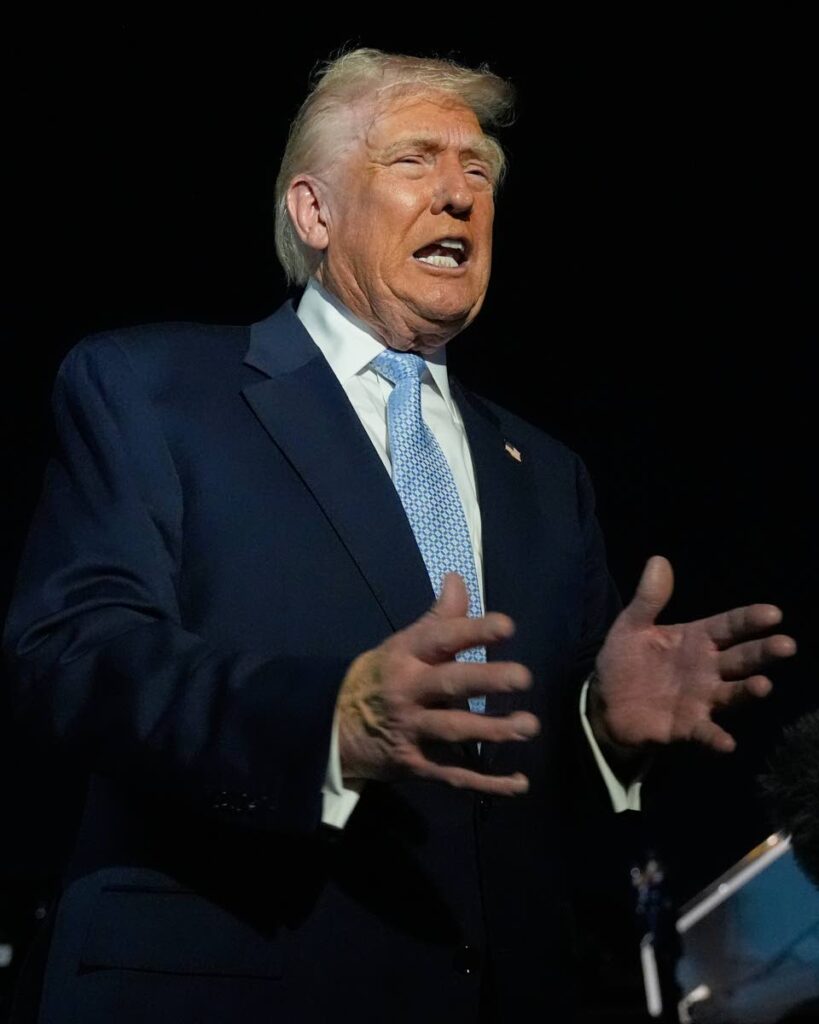US President Donald Trump’s recent decision to launch missile strikes on suspected drug-trafficking boats in the Caribbean has ignited a firestorm of criticism, both domestically and internationally. Initially framed as a decisive move against organized crime, the operation has instead highlighted the limitations of unilateral military action and the perils of prioritizing force over diplomacy. The strikes resulted in 76 fatalities, yet the US has failed to provide concrete evidence linking the destroyed vessels to drug trafficking. This lack of transparency raises serious concerns about due process and the rule of law, principles that are foundational to any democratic society. The most striking reactions have come not from Trump’s critics but from his traditional allies. The UK, America’s closest partner, has ceased intelligence-sharing to avoid complicity, while Canada has distanced itself and Colombia has severed ties entirely. This widespread disengagement underscores the flawed nature of the strategy. Trump’s supporters argue that the strikes were necessary to protect American citizens, but such actions, devoid of legal justification, represent unchecked power rather than genuine security. History has repeatedly shown that wars waged on fear and instinct, rather than clear evidence, rarely yield positive outcomes. Equally troubling is the silence from Republican leaders, who once championed constitutional values but now turn a blind eye to extrajudicial killings carried out in America’s name. The global backlash is not an overreaction but a stark warning. When a nation forsakes transparency, legality, and alliances, it does not strengthen itself—it isolates itself. Trump’s promise of strength rings hollow when it lacks the support of allies, adherence to law, and a foundation of humanity. This episode marks the beginning of a decline, and the world is already witnessing it unfold.
